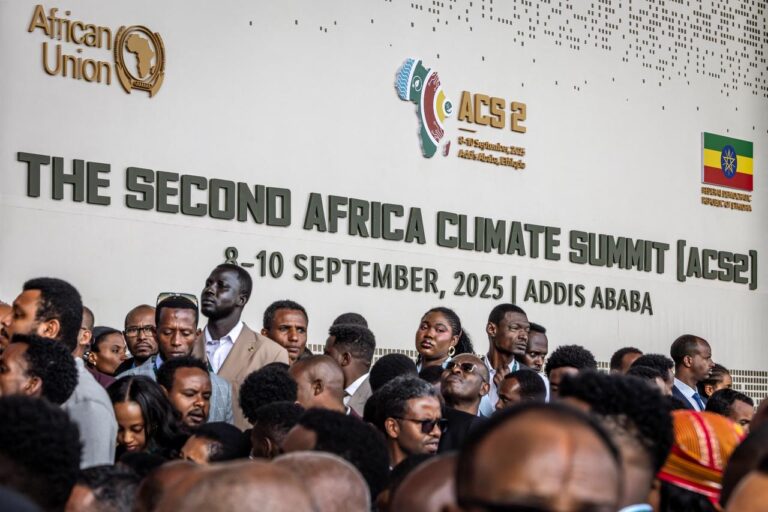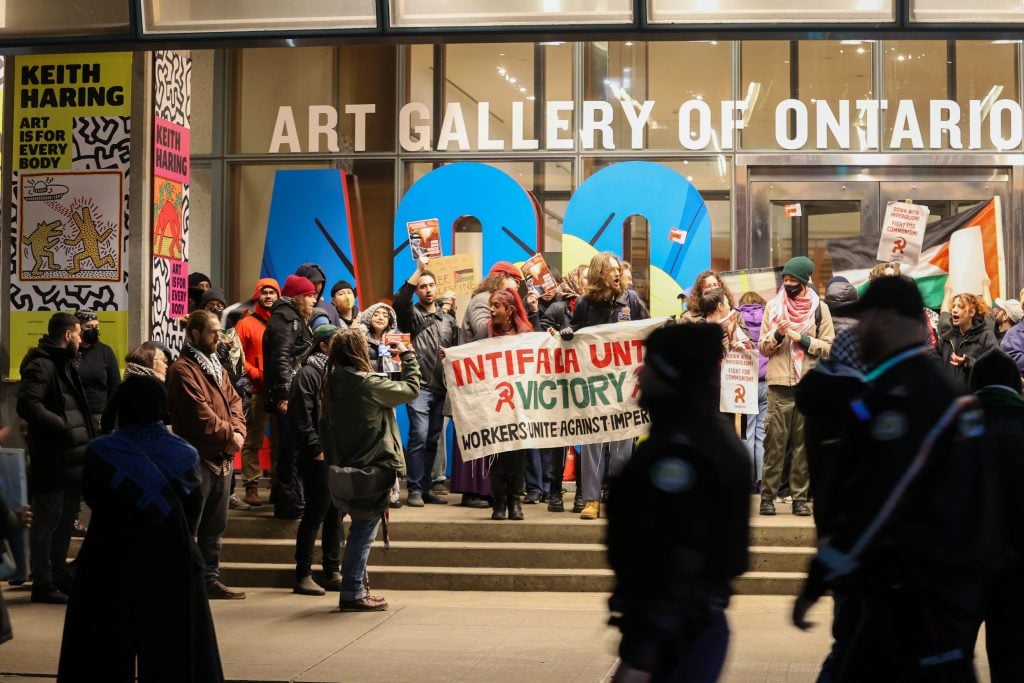A fatal shooting at Utah Valley University has sent shockwaves across the United States after Charlie Kirk, a well-known conservative activist and founder of Turning Point USA, was killed during a live campus event. Kirk’s death has sparked widespread outcry, intensified debates over political rhetoric, and reignited concerns about safety at public gatherings.
Witnesses describe the incident as sudden and chaotic. While Kirk was delivering remarks and engaging in a Q&A, gunfire erupted. One suspect was initially detained but later released; law enforcement continues to investigate the motive behind the attack and whether it was politically motivated. Officials are reviewing security protocols and university policies around public events.
President Donald Trump swiftly condemned the killing, calling it a “heinous assassination” and blaming what he termed “radical left political violence.” The administration ordered flags to fly at half-mast, and several state governors echoed the need for calm and solidarity. Leaders from across the political spectrum—including members of both parties—expressed condolences, although responses diverged on attributing responsibility. Some Republicans emphasized the impact of inflammatory rhetoric, while many Democrats pointed to broader concerns around gun control and extremism.
The assassination has revived debate over how seriously political incitement and polarization contribute to violence. Scholars and commentators warn that the normalization of hostile language can create dangerous atmospheres for public figures. Civil liberties groups also stress the importance of balancing free speech with responsibility. Meanwhile, campus groups are calling for more robust security measures for events, particularly when high-profile speakers are involved.
Public sentiment is fractured. In conservative communities, an outpouring of grief is mingled with anger and demands for accountability. In more liberal circles, there is recognition of the danger of escalating political vitriol, along with calls for reforms to gun laws and increased preventative measures. Across corners of social media, debates are growing over media responsibility—how outlets present political speech, how platforms amplify radical voices, and where the line should lie between provocative discourse and dangerous incitement.
Legal and security authorities are now under pressure. The FBI is assisting local law enforcement. Prominent figures have called for transparency about the investigation. Universities nationwide are reviewing event security, risk assessment, and coordination with law enforcement. Some are considering restricting or vetting guest speakers, a move that raises questions about free speech and academic openness.
The killing comes at a turbulent moment in U.S. politics, with tensions over elections, immigration, social divisions, and ideological polarization already high. Analysts warn that unless political leaders and institutions act to reduce inflammatory speech and protect civil discourse, incidents like this may not be isolated. Kirk is survived by his spouse and children, and memorials have been held at universities and public spaces. The nation remains on edge as authorities attempt to make sense of what motivated the killing, and what steps can prevent similar tragedies.




